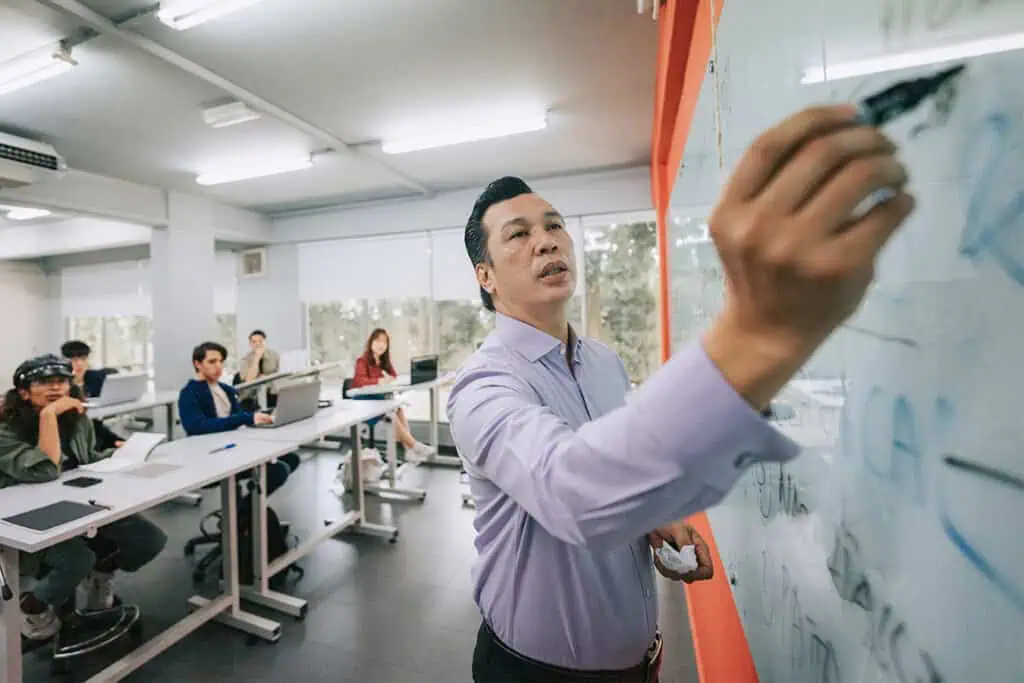Five Things to Know About Latin American Degree Requirements
In 2014–15, over 86,000 Latin American students came to study in the U.S., which is a record number coming from the region. In recent years, both the U.S. and Latin American countries have spearheaded initiatives to encourage more students to earn degrees in the U.S. by offering incentives such as scholarships.
Despite these efforts though, many students coming to the U.S. from Latin America experience difficulties when authenticating their degrees in their home country. Degree requirements within Latin American governments can be tricky, so here are five things Latin American students can do to ensure their degrees don’t go unrecognized.
Do Your Research
If your local Latin American government has a website, look up information on specific policies for citizens who earn degrees abroad, particularly in the U.S. You will want to gather all of the information you can about your government’s expectations to outline what you need as a student studying in the U.S. Online forums are also a good place to find valuable information from students who have been through this experience.
Be Aware of the Requirements
Most Latin American countries have strict regulations on how academic documents obtained in other countries should be legally authenticated, which students are often unaware of. Be sure that in addition to researching, you also speak with a representative from your local government to be sure you meet the requirements.
Check with Your U.S. School
The school you are planning to attend may have ample experience in authenticating
academic documents for Latin American students. It could be very beneficial to contact
your school to see if they already have authentication processes in place, or if they
could give you advice as a Latin American student coming to study at their
institution.
Get Your Program Approved
Many Latin American students make the mistake of not checking to see if the U.S. program they have been accepted to has approval in their own country. Remember, the process isn’t over once you’ve been accepted. Before taking out any loans, or accepting government scholarships, make sure the program you’re going to study in the U.S. for will be recognized when you return home.
Authenticate Your Documents
When you finally earn your U.S. degree, don’t let the authentication process fall off your to-do list. Most Latin American countries expect diplomas and transcripts obtained abroad to be stamped in the country in which they were earned. A lot of the authentication process has to happen while you’re still in the U.S., so be sure you’ve taken all the correct steps for your documents before returning home.
Document authentication for Latin American countries can be a complex endeavor, but by educating yourself and taking initiative through research and following up with the right authorities, your international education experience will go much more smoothly.
Are you a student interested in studying in the U.S.? See about getting a credential evaluation before you apply.





